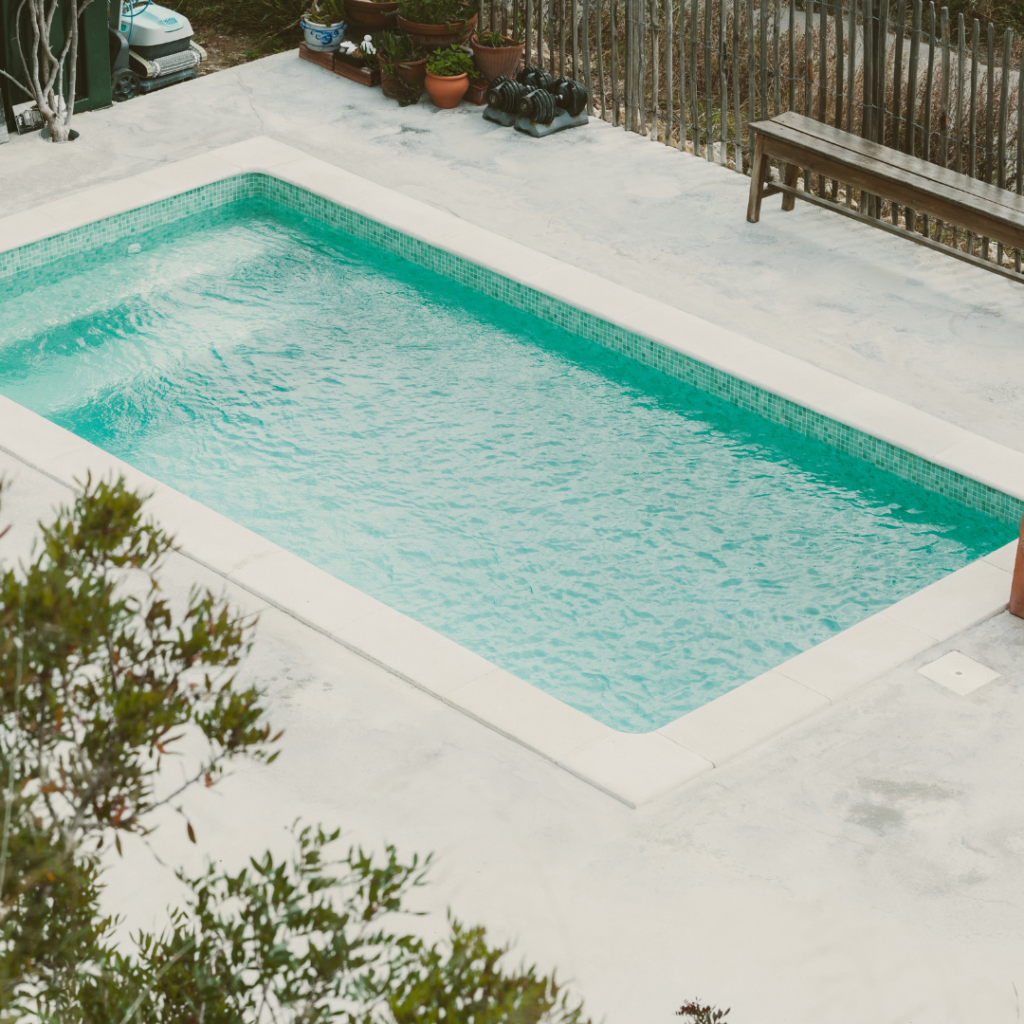Your swimming pool is the heart of summer fun, but without a healthy pump, it can quickly turn into a hassle. The pool pump is what keeps your water clean, clear, and safe, circulating it through filters to remove debris and bacteria. If your pump starts acting up, it won’t just disrupt your swim schedule—it can lead to expensive repairs or replacements if ignored. So, how do you spot the warning signs early?
Is Your Pump Making Unusual Noises?
Pool pumps are designed to hum quietly in the background. If it suddenly starts making odd noises, don’t ignore it. A high-pitched squeal might indicate a worn-out bearing, while a loud grinding noise could mean something more serious, like a broken motor. Even a sudden rattling sound isn’t harmless—it might mean debris has entered the pump or a loose part is bouncing around inside.
Here’s the thing: strange noises are never normal for a pool pump. If you hear anything that doesn’t sound quite right, it’s your cue to investigate or call in a professional with experience in pump repairs Perth. The longer you wait, the higher the risk of permanent damage.
Has the Water Pressure Dropped?
A pool pump’s job is to maintain water flow, so reduced pressure is a clear sign something’s off. Are you noticing weaker jets or a slower filtration cycle? It could mean the pump is struggling to do its job.
Several issues might be causing this:
- Clogged filters – Debris buildup can block proper water flow.
- Leaking pipes – Even a small crack in the system can reduce pressure.
- Failing impeller – The pump’s impeller might be worn or blocked, impacting performance.
Don’t shrug off weak water pressure. It’s a red flag that needs attention before the problem snowballs.
Is Your Pump Leaking?
A puddle of water around your pump is never a good sign. Pool pumps are sealed systems, so any leaks could point to failing seals, loose connections, or cracks in the housing. These leaks aren’t just inconvenient—they can lead to bigger problems like electrical damage if water seeps into the motor.
If you spot a leak, turn off the pump immediately and inspect the area. Sometimes it’s just a loose fitting that you can tighten, but if the leak persists, it’s best to bring in a technician.
Is the Pump Struggling to Start or Stay Running?
Your pool pump should turn on smoothly and stay running without interruptions. If it struggles to start, shuts off unexpectedly, or trips your circuit breaker, there’s likely a deeper issue.
Common culprits include:
- Electrical problems – Worn wiring or a failing capacitor can cause irregular power flow.
- Overheating – If the pump is running hot, it might shut itself down as a safety measure.
- Motor failure – A motor on its last legs will often stop working mid-cycle.
These issues can escalate quickly, so don’t delay in addressing them. A pump that can’t run consistently isn’t just inconvenient; it’s a major indicator of trouble.
Is Your Energy Bill Higher Than Usual?
If your electricity bill is creeping up without an obvious explanation, your pool pump might be the reason. Older or malfunctioning pumps often consume more energy because they’re working harder than they should. A faulty motor, worn components, or even improper settings can all make the pump inefficient.
Keep an eye on your monthly bills. If they’re climbing and you can’t pinpoint another cause, have your pump checked. Sometimes a simple repair—or upgrading to a more efficient model—can save you money in the long run.
How’s the Water Quality?
Cloudy or dirty pool water could be more than just a sign you need to skim the surface. It often points back to pump issues. Without proper circulation, your pool water can’t filter out debris or maintain the right chemical balance.
If you notice:
- Debris settling on the bottom
- Algae growth despite regular cleaning
- Cloudy water that won’t clear up
It’s time to look at your pump. Poor water quality is often a direct result of a system that isn’t doing its job properly.
What Can You Do to Extend the Life of Your Pool Pump?
Once you’ve identified an issue, the next step is action. Repairs can range from simple fixes to full replacements, but proactive maintenance will always save you time, money, and stress. Here’s how to keep your pump in top shape:
- Clean the filters regularly – A clogged filter puts unnecessary strain on the pump.
- Check for leaks weekly – Early detection of small issues prevents major damage.
- Monitor water pressure – Make sure the flow remains steady and consistent.
- Schedule annual servicing – A professional tune-up can catch problems before they worsen.
- Upgrade when necessary – If your pump is outdated, a newer, energy-efficient model can save on running costs and improve performance.
By keeping an eye on your pump and addressing minor issues quickly, you’ll extend its lifespan and keep your pool running beautifully all summer long.
Keep Your Pool Pump—and Summer—Running Smoothly
Your swimming pool pump works hard to ensure your pool stays clean and safe, but it needs a little attention to stay in top condition. From unusual noises to dropping water pressure, the signs of trouble are usually easy to spot if you know what to look for.
The key takeaway? Don’t ignore those early warning signs. Whether it’s a leaking seal, a sluggish motor, or just a filter that needs cleaning, quick action can save you from a costly headache later. So, keep an eye (and ear) on your pump, and give it the care it deserves. With a little effort, your pool will stay the perfect summer retreat for years to come.

